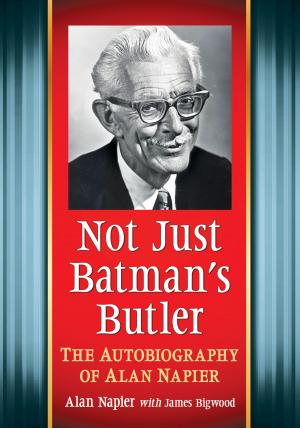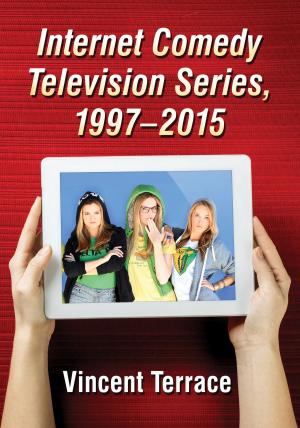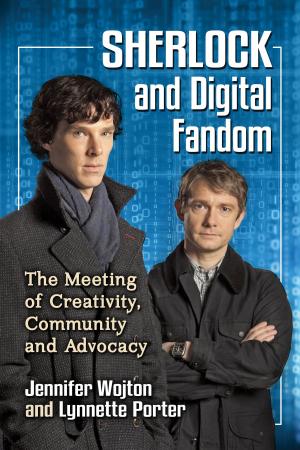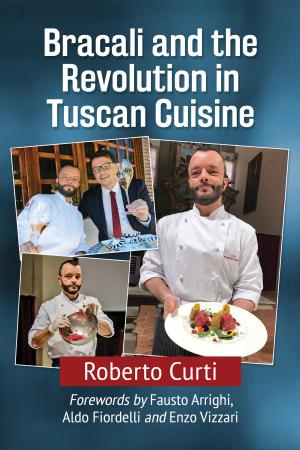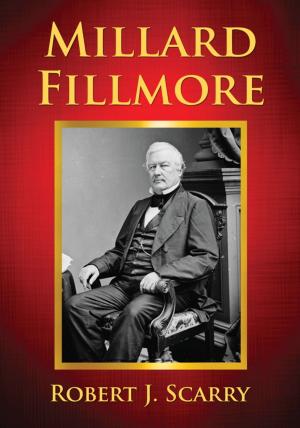Flamenco on the Global Stage
Historical, Critical and Theoretical Perspectives
Nonfiction, Entertainment, Dance, Performing Arts| Author: | ISBN: | 9781476621029 | |
| Publisher: | McFarland & Company, Inc., Publishers | Publication: | October 5, 2015 |
| Imprint: | Language: | English |
| Author: | |
| ISBN: | 9781476621029 |
| Publisher: | McFarland & Company, Inc., Publishers |
| Publication: | October 5, 2015 |
| Imprint: | |
| Language: | English |
The language of the body is central to the study of flamenco. From the records of the Inquisition, to 16th century literature, to European travel diaries, the Spanish dancer beguiles and fascinates. The word flamenco evokes the image of a sensuous and rebellious woman—the bailaora —whose movements seduce the audience, only to reject their attention with a stomp of defiance. The dancer’s body is an agent of ideological resistance, conveying a conflicting desire for subjectivity and autonomy and implying deeply held ideas about history, national identity, femininity and masculinity. This collection of new essays provides an overview of flamenco scholarship, illuminating flamenco’s narrative and chronology and addressing some common misconceptions. The contributors offer fresh perspectives on age-old themes and suggest new paradigms for flamenco as a cultural practice. Instructors considering this book for use in a course may request an examination copy here.
The language of the body is central to the study of flamenco. From the records of the Inquisition, to 16th century literature, to European travel diaries, the Spanish dancer beguiles and fascinates. The word flamenco evokes the image of a sensuous and rebellious woman—the bailaora —whose movements seduce the audience, only to reject their attention with a stomp of defiance. The dancer’s body is an agent of ideological resistance, conveying a conflicting desire for subjectivity and autonomy and implying deeply held ideas about history, national identity, femininity and masculinity. This collection of new essays provides an overview of flamenco scholarship, illuminating flamenco’s narrative and chronology and addressing some common misconceptions. The contributors offer fresh perspectives on age-old themes and suggest new paradigms for flamenco as a cultural practice. Instructors considering this book for use in a course may request an examination copy here.




